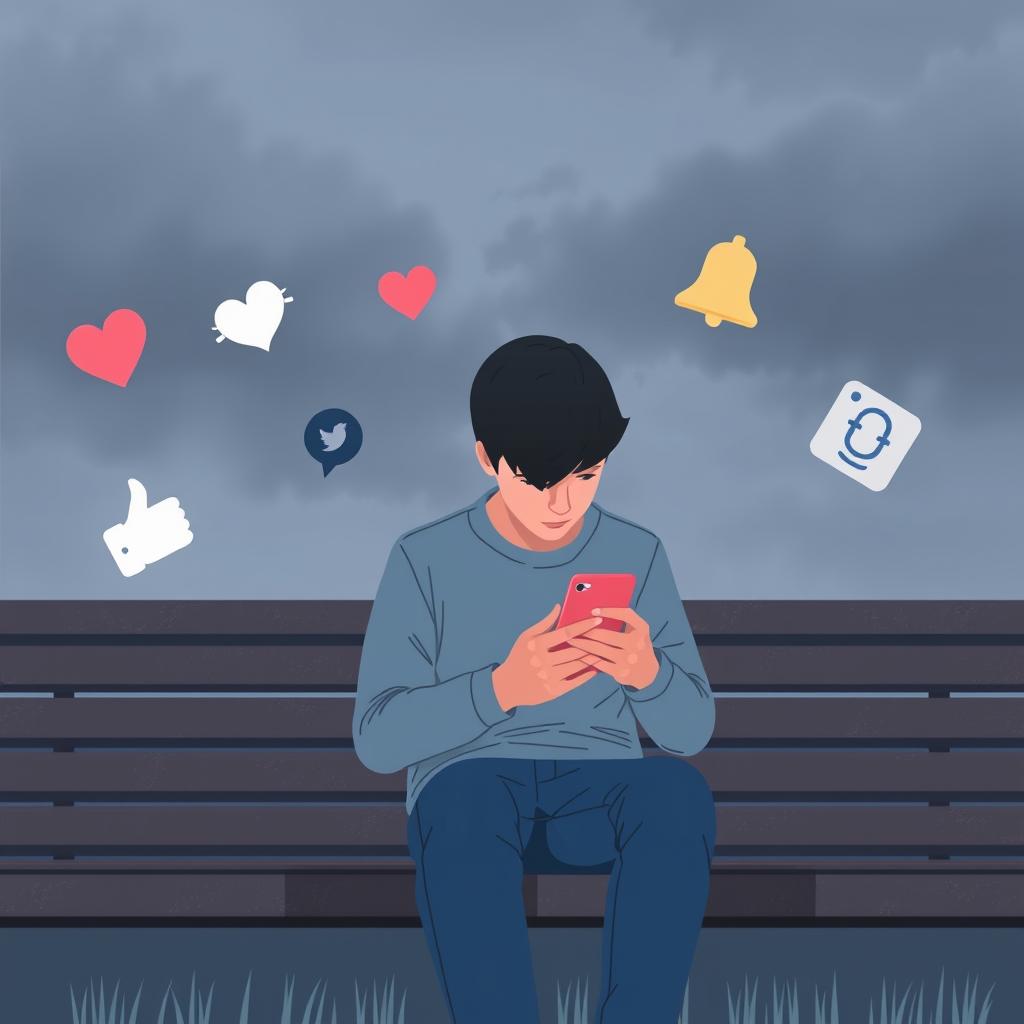
Can social media really cause depression?
- September 13, 2019
- 2 Likes
- 663 Views
- 0 Comments
What the research says. Popular culture often blames social media for rising teen depression. Many studies find heavy users report more anxiety and sadness, but the link isn’t straightforward. In one large longitudinal study, Johns Hopkins researchers found that although people who spent more time on social media tended to have higher depression scores, “social media use did not cause an increase or decrease in depressive symptom levels over time.” In other words, depressed youth may simply use social media more, not vice versa sciencedaily.com. Likewise, a systematic review concluded that social networking is associated with higher risk of depression and anxiety, but it did not prove causation kaleo.sacredhearts.org.

Evidence of benefit from cutting back. To test causality, experimental studies have restricted social-media use. For example, an 18- to 22-year-old study randomly assigned students to normal use or a strict 30-minute-a-day limit on Instagram/Facebook/Snapchat. After three weeks, the reduced-use group reported significant decreases in depression and loneliness compared to controls penntoday.upenn.edu. “Using less social media than you normally would leads to significant decreases in both depression and loneliness,” the lead researcher concluded penntoday.upenn.edu. This suggests that for some people, scaling back can improve mood.
Why might social media hurt mood? Psychologists note that online platforms amplify social comparison and “fear of missing out.” Looking at curated photos of others’ best moments can make us feel inadequate penntoday.upenn.edu. Studies also find heavy users sleep less and have higher stress hormones. Still, experts warn context matters: social media can also connect isolated people, give creative outlets, or provide support (80% of teens feel “more connected” to friends online kaleo.sacredhearts.org). The key is balance.

Practical tips. If you’re concerned, try small changes:
- Set limits. Use app timers or “do not disturb” periods to cap daily use.
- Take tech breaks. Plan one device-free day or evening per week to focus on real-world interactions.
- Focus on positives. Curate your feed or limit “doomscrolling” – follow uplifting content or friends who make you feel good.
- Engage offline. Spend time with friends in person, exercise, pursue hobbies.
- Get help if needed. If feelings of depression persist, talk to a counselor or healthcare provider.
Overall, experts emphasize that social media can be used healthily, but heavy, unmindful use can contribute to depression symptomss ciencedaily.compenn today.upenn.edu. Being aware of your habits and mood can help keep your online life in check.



Leave Your Comment